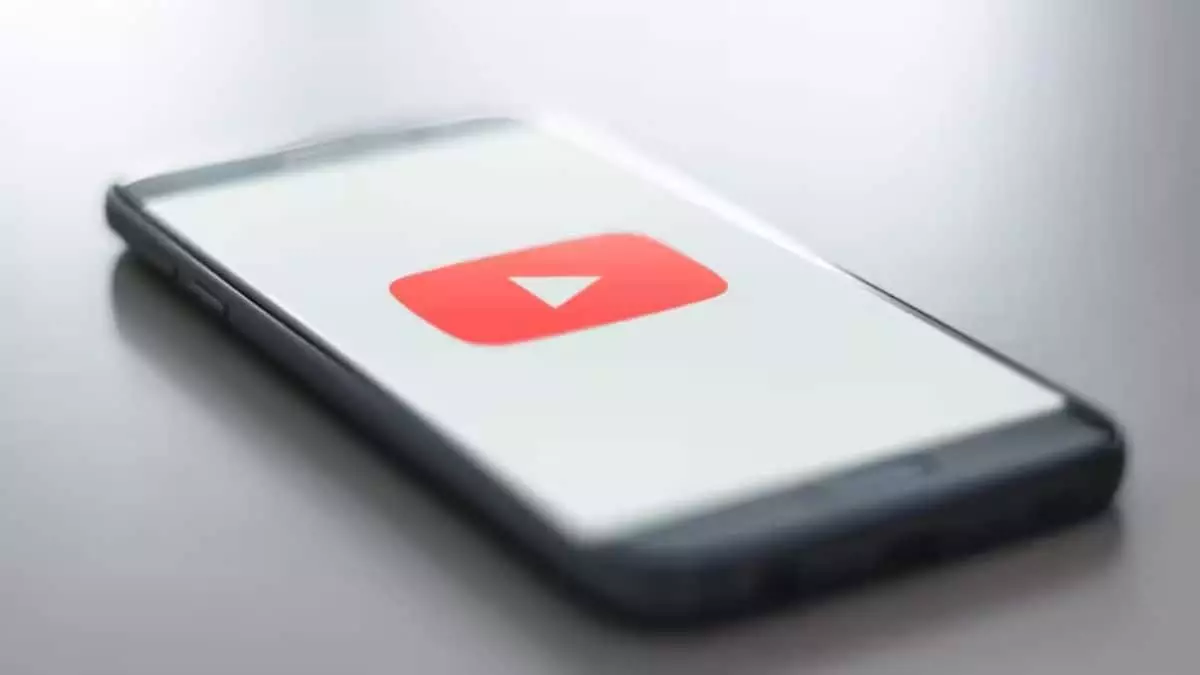YouTube, the celebrated titan of video content, continues to adapt to the incessantly changing landscape of social media engagement by introducing innovative features aimed at fortifying creator-community connections. The two newly announced features, Communities and the Hype button, represent a strategic pivot towards enhancing interactivity and discoverability for creators, particularly those operating on the cusp of viral success.
YouTube’s Communities feature aims to transform the way users interact with content creators by providing a forum-like environment within the platform itself. Traditionally, creators have had to rely on external platforms such as Facebook or Discord to discuss and engage with their audience beyond video comments. This limitation has often fragmented community discussion and left creators at the mercy of external tools for engagement. Communities offer a dedicated space for creators to post updates, polls, and multimedia, fostering direct communication with subscribers.
However, the implementation of this feature raises questions about moderation and user safety. As channel owners are tasked with enabling and overseeing their Community spaces, the responsibility of managing comments and interactions now lies primarily with them. The introduction of the Community Hub tool aims to provide necessary oversight, yet it remains to be seen how effectively this will address issues of inappropriate content and toxicity that often plague online forums.
Alongside Communities, the Hype button emerges as a promising mechanism designed specifically to elevate lesser-known creators. By allowing viewers to ‘hype’ videos, particularly from channels with fewer than 500,000 subscribers, YouTube aims to empower emerging talents with a mechanism to gain visibility. The mechanics of the Hype feature, however, introduce nuances that are both empowering and limiting.
Each user can only hype a video three times a week, and this action is narrowly defined within a seven-day window post-publication. The limitations could potentially curtail a video’s momentum if it does not gain traction early on. Furthermore, the algorithmic implications of Hype might create a competitive atmosphere that favors only those channels that can generate initial hype quickly, which could inadvertently overshadow steady creators who see gradual growth.
While YouTube’s aim to increase engagement through these new features is commendable, the execution appears to be a double-edged sword. The introduction of features tailored for ’emerging creators’ raises the question of inclusivity versus exclusivity. Channels that do not meet subscriber thresholds may find themselves restricted from participating in certain interactions that could accelerate their growth, thus exacerbating a divide between high and low-subscriber channels.
Simultaneously, by introducing the concept of monetizing Hype, with potential future options for users to purchase additional hypes, YouTube could unintentionally foster a culture where financial investment becomes a primary driver of exposure, rather than organic growth. This could lead to a monetization spiral where creators who are already financially empowered gain access to superior promotional means.
As YouTube rolls out these features gradually through 2025, user experience will be a crucial area of focus. The platform has historically faced challenges surrounding content moderation and creator support. Now, with these new tools, the success of Communities and Hype will heavily depend on the adaptability of both creators and users in utilizing these features to foster genuine community engagement.
Moreover, the pressures on creators to navigate these uncharted waters of community and hype could challenge their creative freedom and authenticity. As they become more engaged with their audiences through these features, there exists a risk that content could shift to prioritize engagement metrics over artistic vision.
While YouTube’s Communities and Hype button represent a significant step towards enhancing the engagement paradigm on the platform, their long-term effectiveness will depend on thoughtful implementation, user adaptability, and a focus on maintaining a balanced ecosystem where creativity, community, and discoverability coexist. The evolving landscape calls for ongoing dialogue among creators, viewers, and YouTube management to ensure that innovation translates into meaningful engagement for all participants.


Leave a Reply